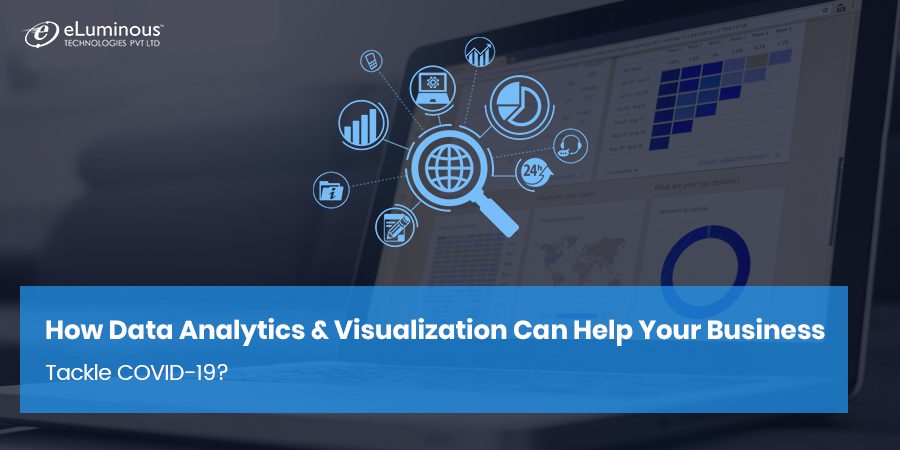We all know how Business Intelligence Tools proves critical in ensuring competitiveness and productivity. If you’re a business owner or manager, you must be aware of the difficulties of assessing everyday business data and operations manually. It is a real time-consuming, irrational activity. But when there is a problem, there is always a solution. And this is where business intelligence tools come into the picture. We all have seen how different ERPs are becoming significant parts of the business operation, ensuring that everything is in its place and all the activities are being carried out as planned.
But every business requires that perfectly customized system that can help them solve every concern. For those who aren’t aware, let’s begin with the basics.
What is Business Intelligence?
Business intelligence in the simplest words is the generalization of information, discovery, and analysis, making it easy for decision-makers to access vital business information required for accurate decision making.
Benefits of using Business Intelligence Tools for dominating your market.
BI helps in extracting crucial facts from a vast amount of unstructured data and transform them into actionable information that enables Business to make informed strategic decisions, improving operational efficiency and business productivity.
Apart from the above, other advantages of business intelligence include:
1) Easy Access to Crucial Information
BI provides crucial information to Business Managers, improving their ability to take quick decisions and generating a competitive advantage.
2) Visualization and Dashboards
- Allows the viewer to quickly preview the performance and the direction of performance.
- A dashboard is typically geared towards a rapid understanding much like a dashboard on a car helps you to understand your speed and how many miles one has traveled.
- They can also be accessed on dashboards through mobile devices and tablets, allowing instant access to key business metrics for marketing and sales.
- Visualization allows the viewer to see trends or outline areas of interest through graphical representation.
3) Reduces Labor Cost
- By automating data collection and report generation, you are able to reduce employee training and development costs.
- Business Intelligence can also reduce costs by allowing you to understand how well you are performing with a certain number of employees and how many you need to reach your goals.
4) Quick and Easy Consolidation of Data
- With an automated data collection system you can consolidate data from multiple different sources just as easy as if they were on the same server.
- If you can decrease the time you would usually spend consolidating data and spend more time improving the Business
- You will find a greater impact on your bottom line and eventually see a more successful in Business
5) Informed Decision-Making
- Reporting based on accurate and timely information helps to measure Business and performance of their processes
- BI helps to make informed decisions on future trends, expected demands, customer behavior, etc.
- Reports are automatically produced based on data gathered from business departments, social media efforts, sales, marketing leads, digital initiatives.
- Less time is spent formulating reports and more time is spent considering potential outcomes and driving business decisions.
6) Get to Know Your Customer
- We know that customers are the God of any business. In order to generate more sales and profit.
- The company must be aware of its customer’s habits and needs to retain to attract new customers.
- BI allows you to gain visibility into what your customers are buying and what they are not. Based on customer purchase patterns.
- You can take decisions on whether to expand on certain products or scale back. It can also help to identify cross-selling or up-selling opportunities at certain customer touchpoints and target them more effectively.
- This shows us for better prediction of which customers would be attracted to which offers
7) Benchmarking
- BI allows you to track where your business has been, where it is now and where it is going.
- Business Intelligence Tools involves analyzing unstructured data based on both qualitative and quantitative metrics to not only understand what happened, but also why it happened.
- This helps to assess Business capabilities, compare its strengths and weaknesses, identify trends and market conditions and respond quickly to change.
- You can gain a complete view of prospective business opportunities, by evaluating your performance in terms of customer and competitor.



